Syria: How much longer?
… workers are protected and allowed to do their jobs in safety. We also mark this anniversary …
… workers are protected and allowed to do their jobs in safety. We also mark this anniversary …
African forensic science experts have started exploring latest techniques and approaches ensuring the dignified identification and management of the dead to enable them to help communities affected …
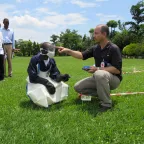
Brazil was headed for the peak in its first wave of cases and deaths from COVID-19 in 2020 when the International Committee of the Red Cross (ICRC) gave photographers and journalists in three …

The Physical Rehabilitation Programme was set up in 1979. Although the ICRC had previously carried out some physical rehabilitation activities, the programme’s creation marked the beginning of a …
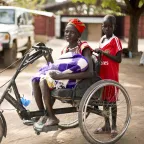
… Let the humanitarian workers do their jobs. If an eight-year-old girl needs food, …
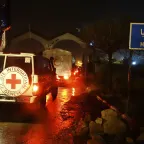
… for us," says Kadija, a widow who finds odd jobs to support her family. "But it's not …
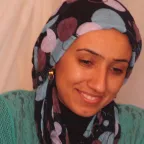
… homes in the fighting or aftermath. People's jobs and livelihoods have been hard hit. …
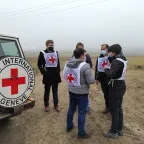
Internally displaced persons (IDPs) in the North West and South West regions are facing new challenges following the outbreak of COVID-19 in Cameroon. I am afraid of the COVID-19 because if it …

On the frontlines of conflicts today, the equation is evident: respect for international humanitarian law equals reduced human suffering. People's lives are saved, their dignity is upheld and their …
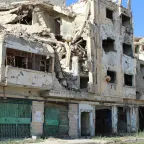
Through our physical rehabilitation programme and the Special Fund for the Disabled, the ICRC aims to help anyone with a disability. This includes including victims of armed conflict, other …
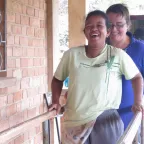
Try one of the following resources:
Created in 1863, the ICRC library, alongside the ICRC archives, provides an indispensable documentary reference on the organization itself and international humanitarian law.
International humanitarian law is based on a number of treaties, in particular the Geneva Conventions of 1949 and their Additional Protocols, and a series of other instruments.
Customary international humanitarian law consists of rules that come from "a general practice accepted as law" and that exist independent of treaty law.